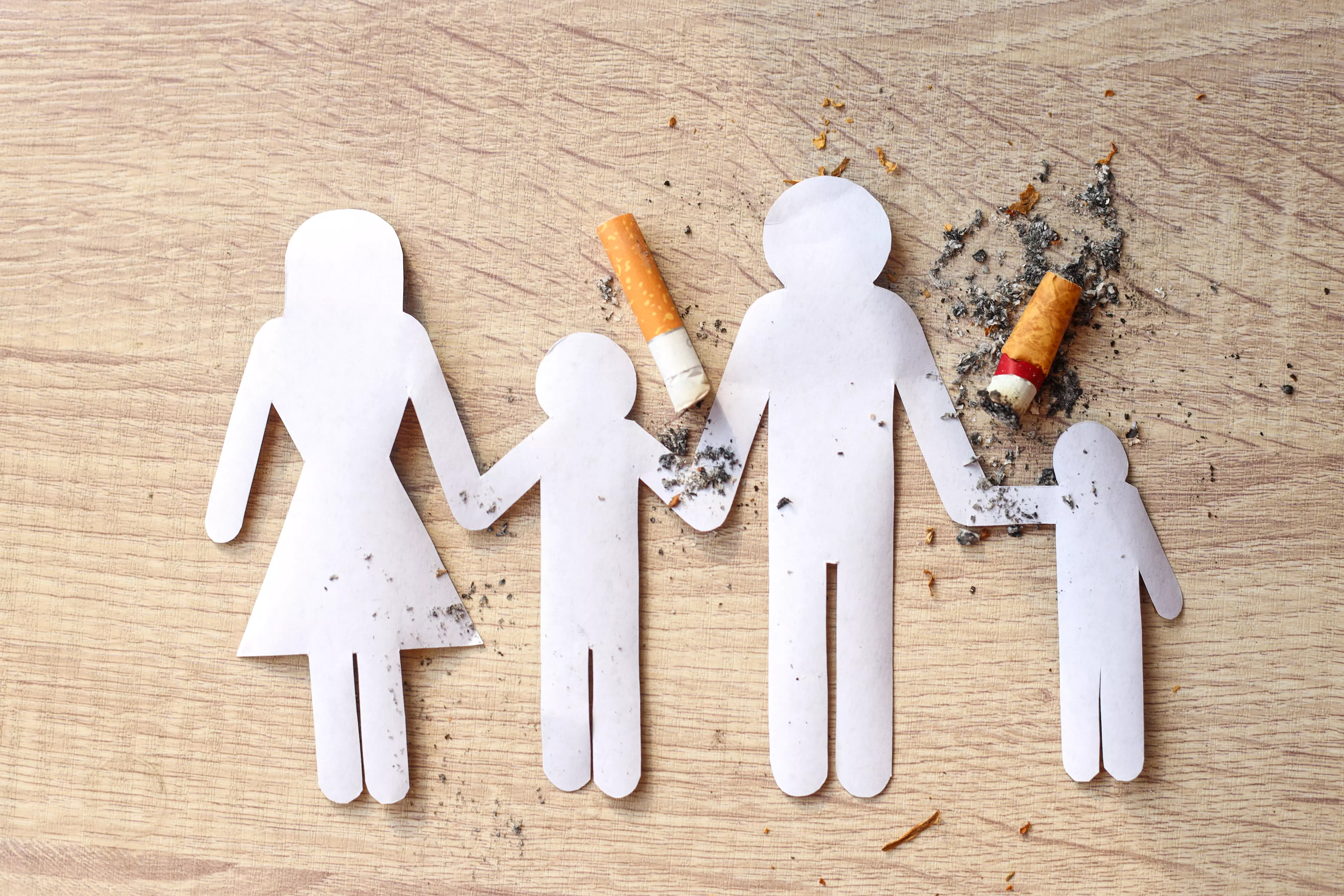Title: Secondhand smoke in children: how secondhand smoke affects children's development and health
Secondhand smoke, also known as secondhand smoke or ambient smoke, is a serious threat to the health of children around the world. The chemical properties of tobacco smoke and the biological susceptibility of children make them particularly vulnerable to the harmful effects of secondhand smoke. Let's take a look at how secondhand smoke affects children's development and health.
Effects on the respiratory system
Secondhand smoke has been linked to a number of health problems affecting children's respiratory systems. Children exposed to secondhand smoke have a higher risk of developing asthma and asthma exacerbations. Secondhand smoke has also been linked to other respiratory diseases such as pneumonia, bronchitis and chronic obstructive pulmonary disease (COPD).
Effects on the cardiovascular system
Secondhand smoke also affects the cardiovascular system of children. Some studies suggest that children exposed to secondhand smoke may have higher blood pressure, which increases the risk of developing heart disease in later life.

Effects on brain development and cognitive abilities
Secondhand smoke can also affect children's brain development and cognitive abilities. Studies have shown that children exposed to secondhand smoke have more difficulty concentrating, learning and remembering. In addition, secondhand smoke has been linked to higher rates of ADHD (attention deficit hyperactivity disorder) in children.
Effects on general health
Secondhand smoke is associated with poorer overall health in children. Children exposed to secondhand smoke are more likely to have health problems such as ear infections, lower respiratory infections and dental problems.
Effects on fetal development
Secondhand smoke doesn't just affect babies at birth. Women who are exposed to secondhand smoke during pregnancy have a higher risk of miscarriage, premature birth and low birth weight babies. In addition, secondhand smoke has been linked to sudden infant death syndrome (SIDS).
Summary
Secondhand smoke has serious effects on children's health and development. From the respiratory system to cognitive abilities, secondhand smoke has far-reaching consequences on children's health that can affect them throughout their lives. We all need to take measures to protect children from this unnecessary risk by creating smoke-free environments and educating parents and caregivers about the dangers of secondhand smoke.

